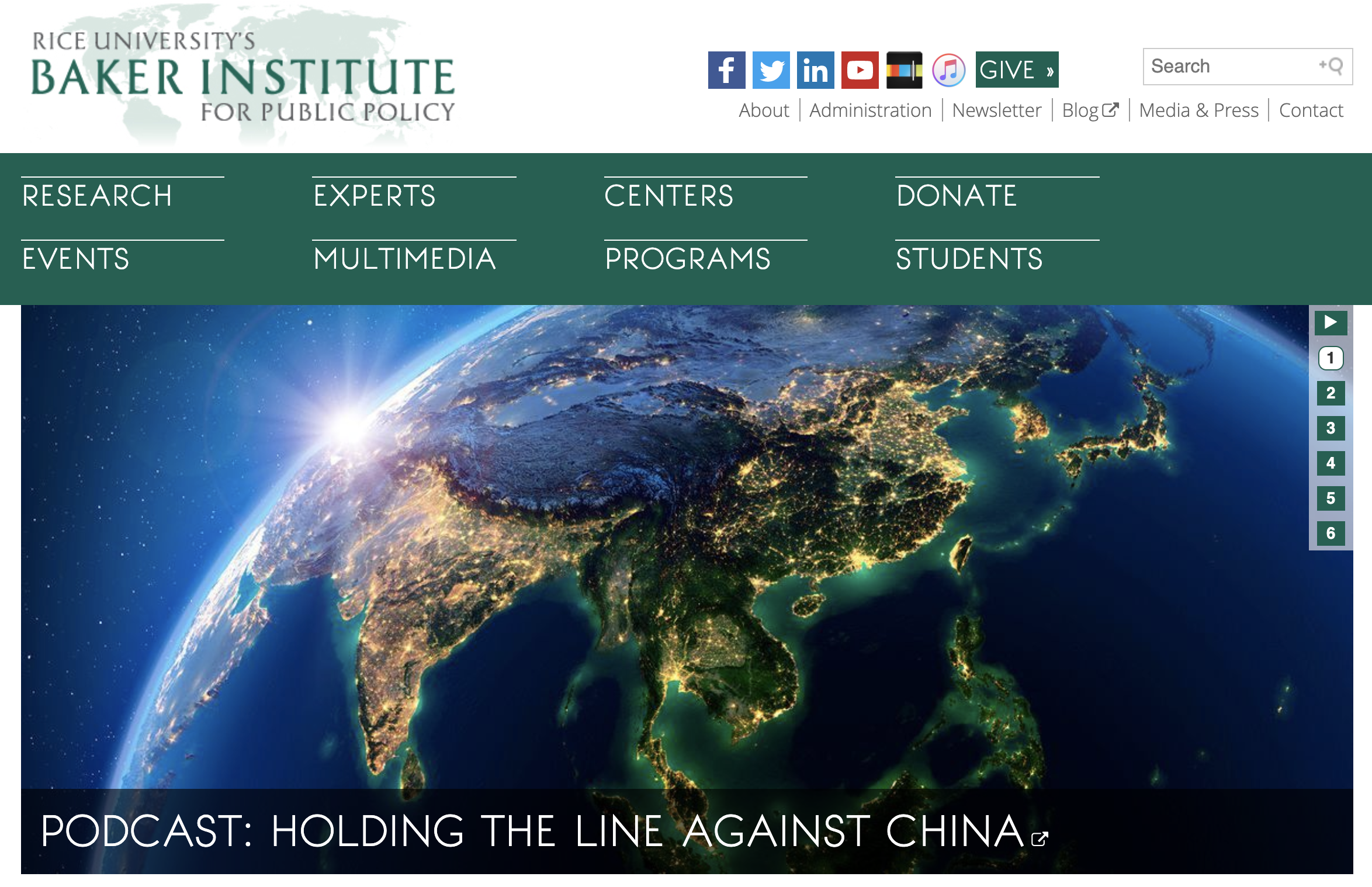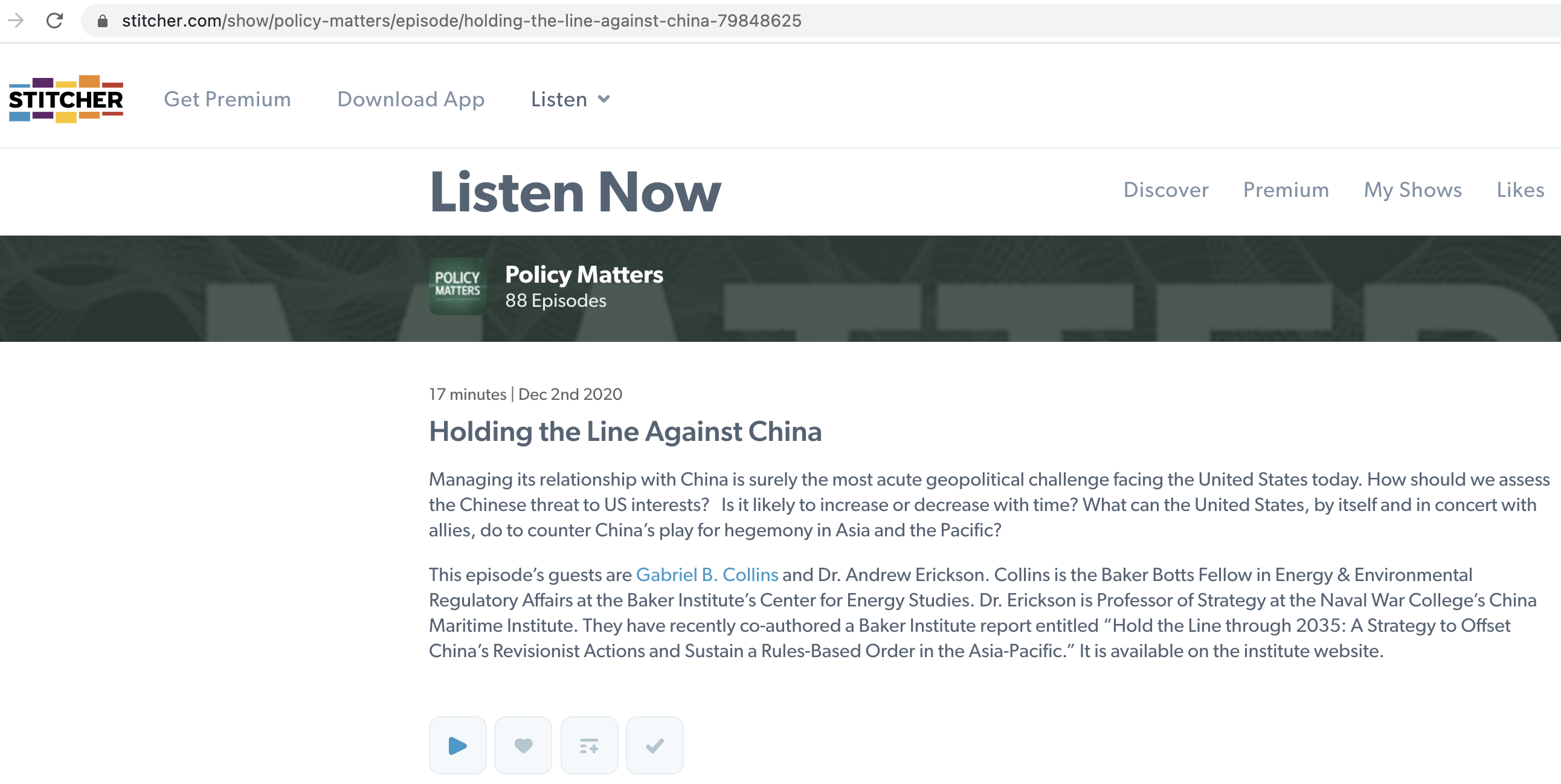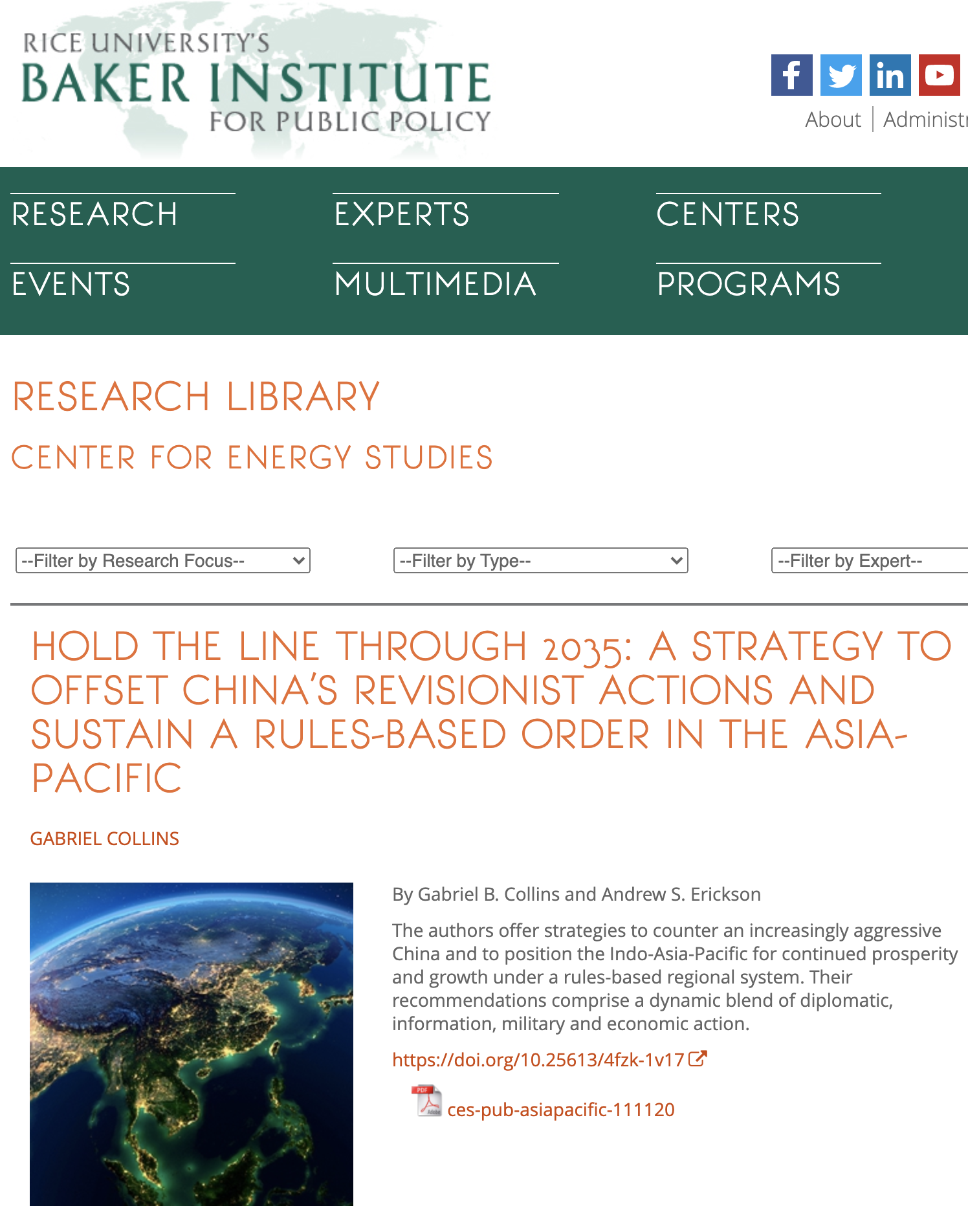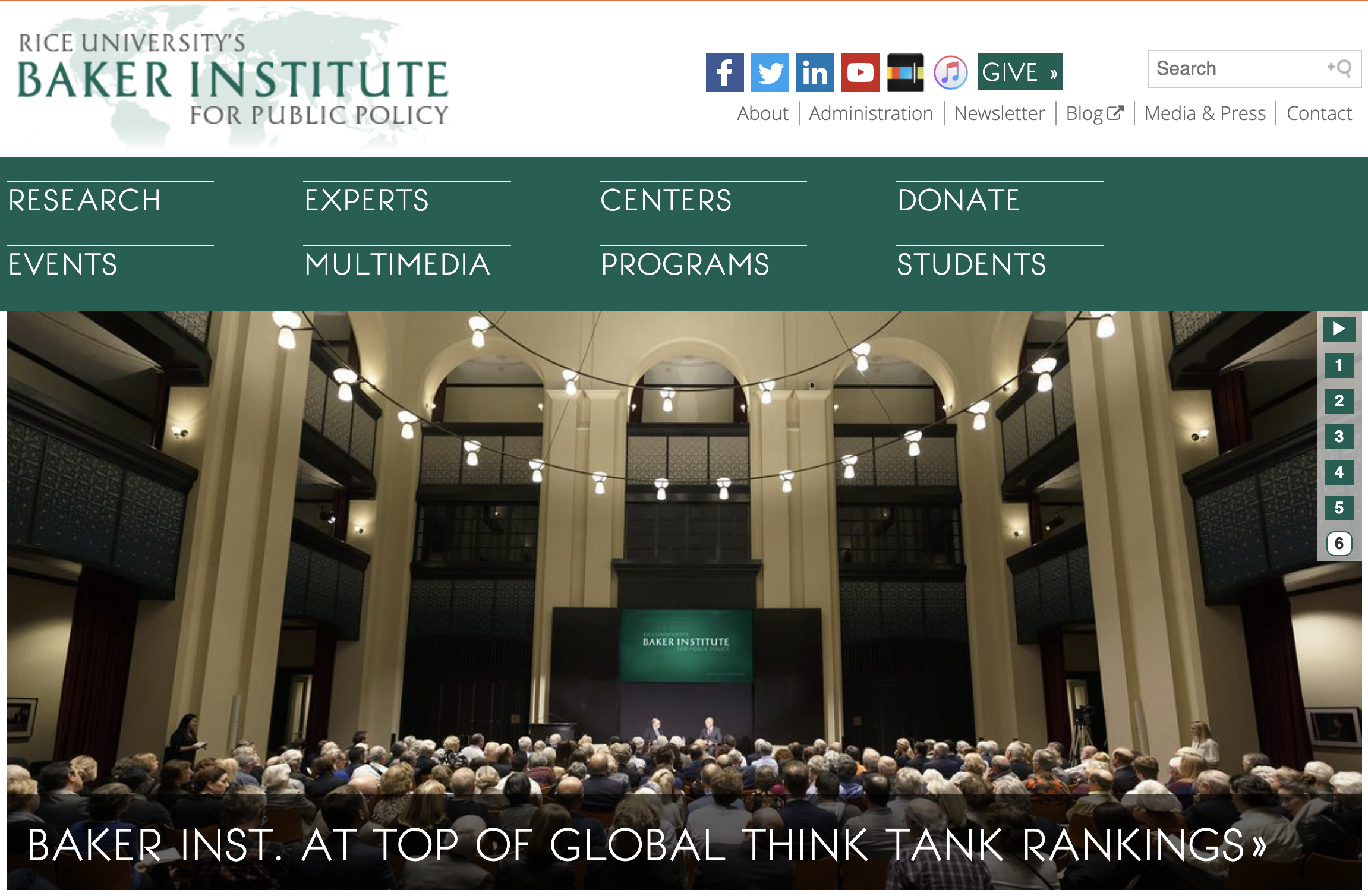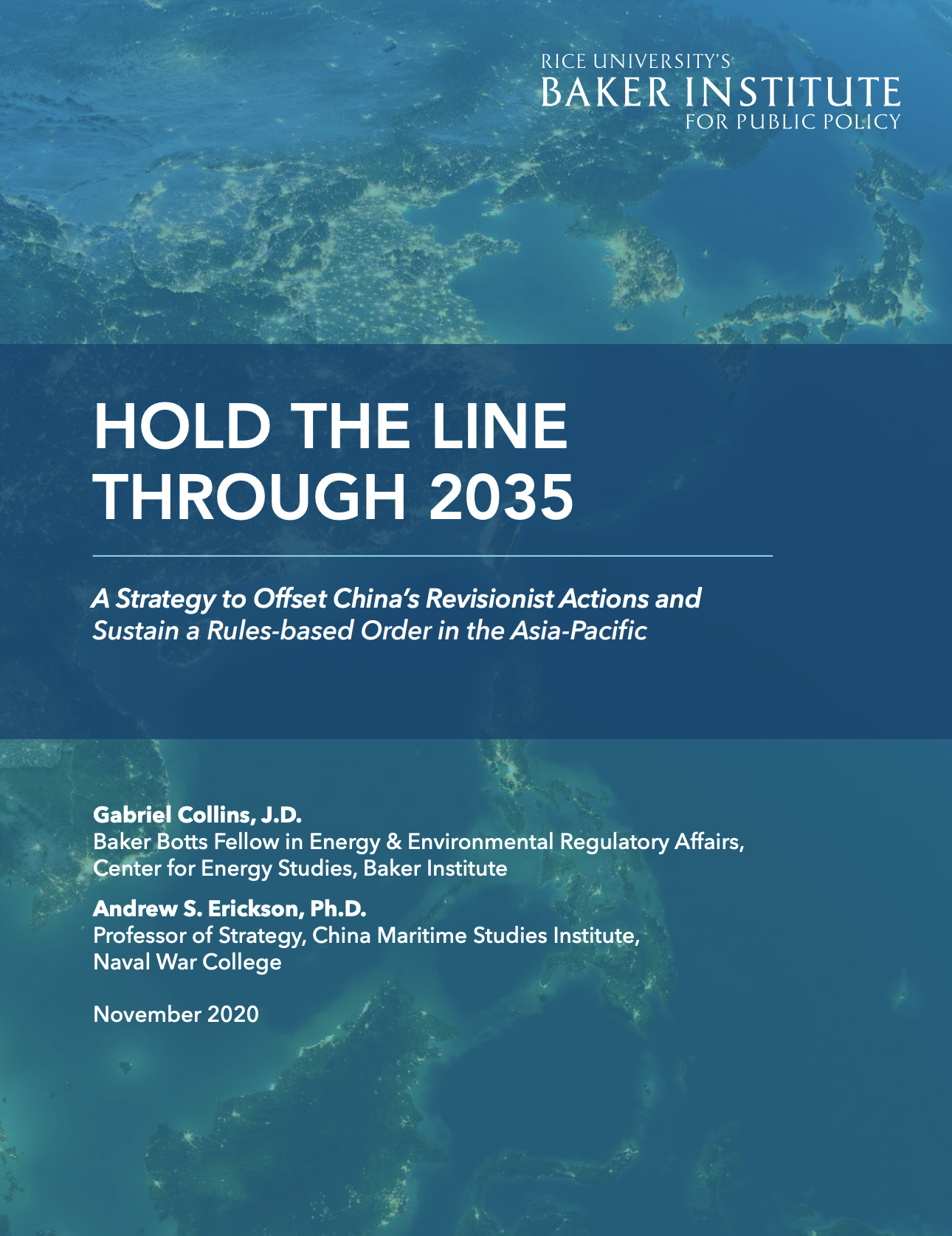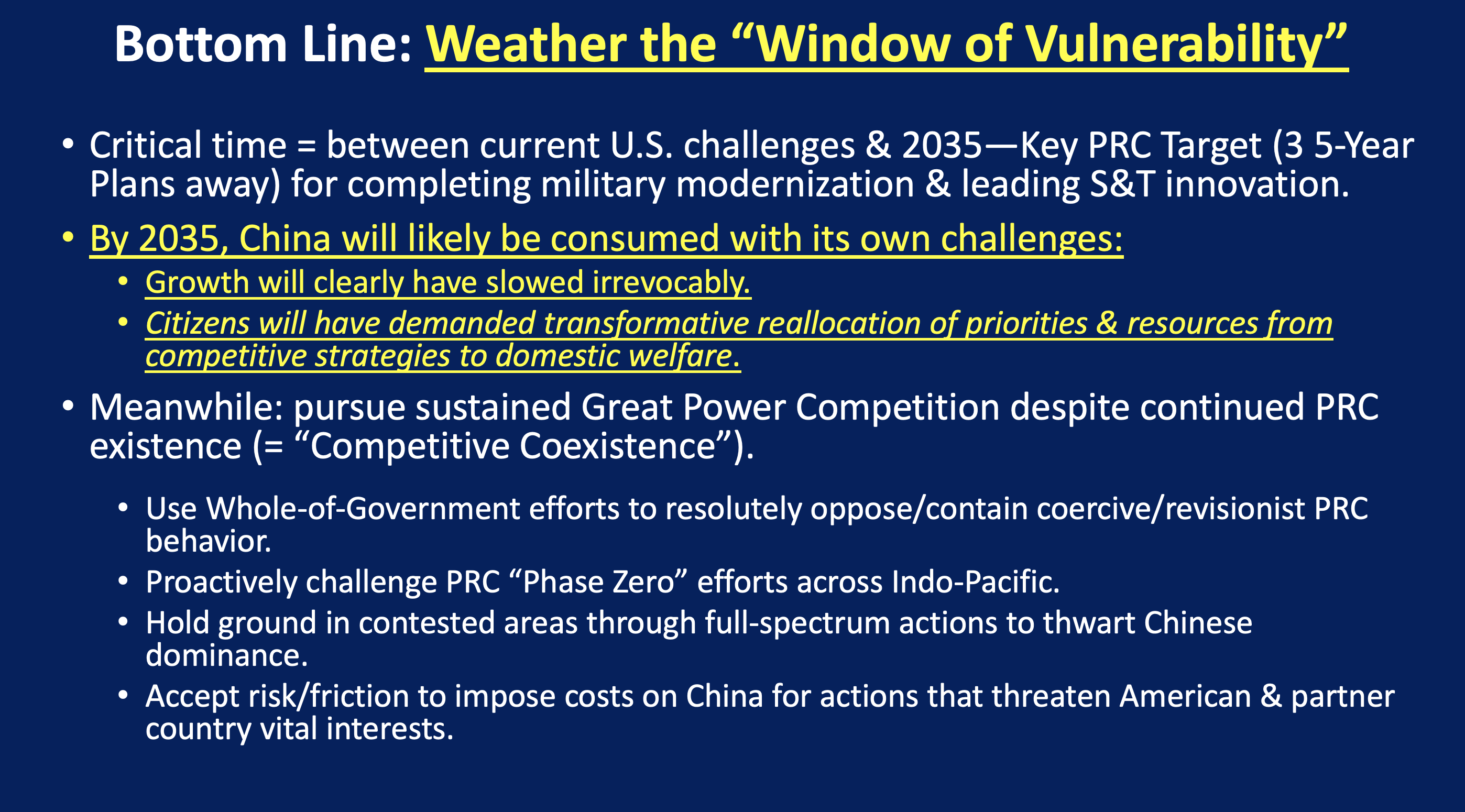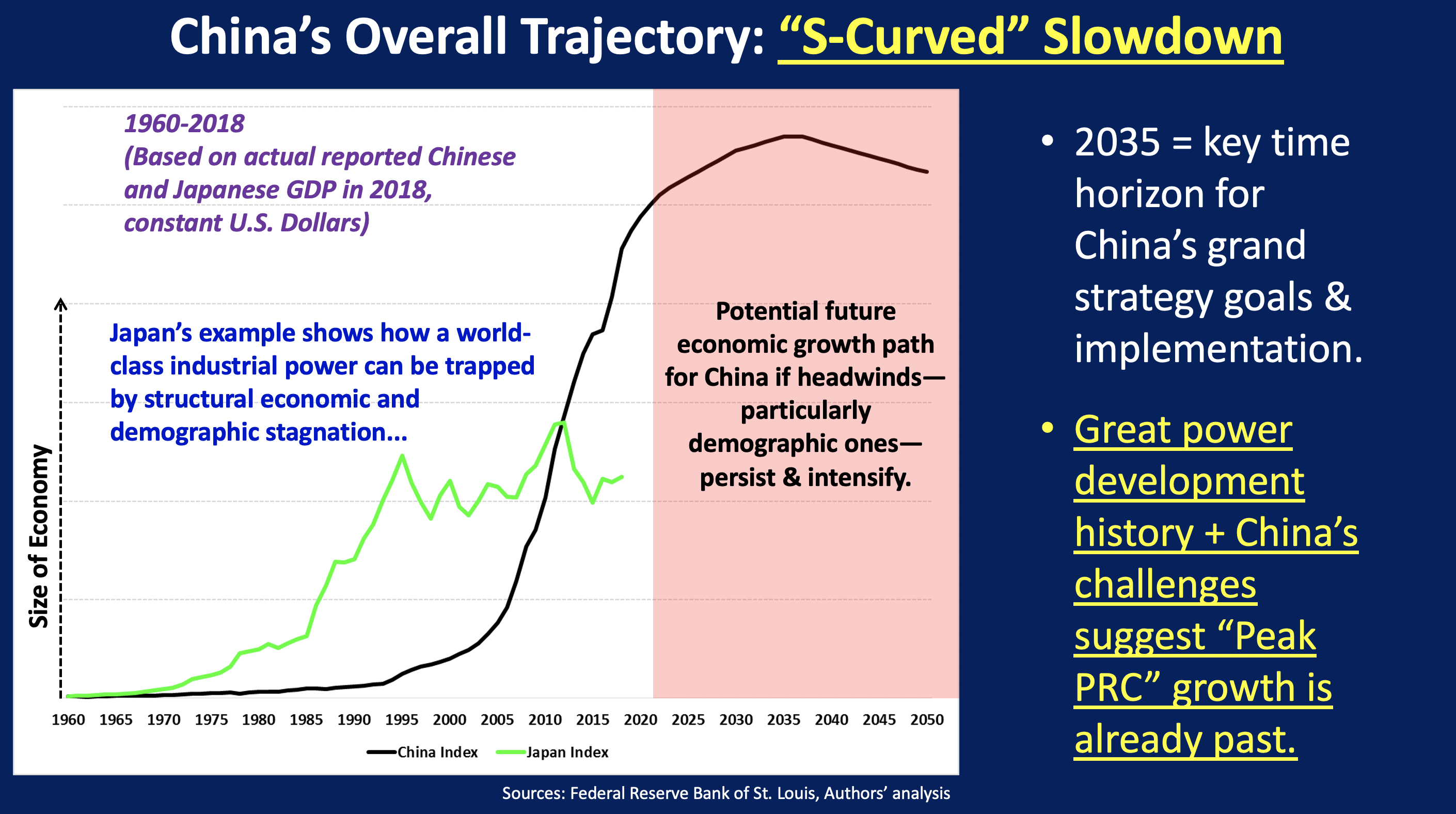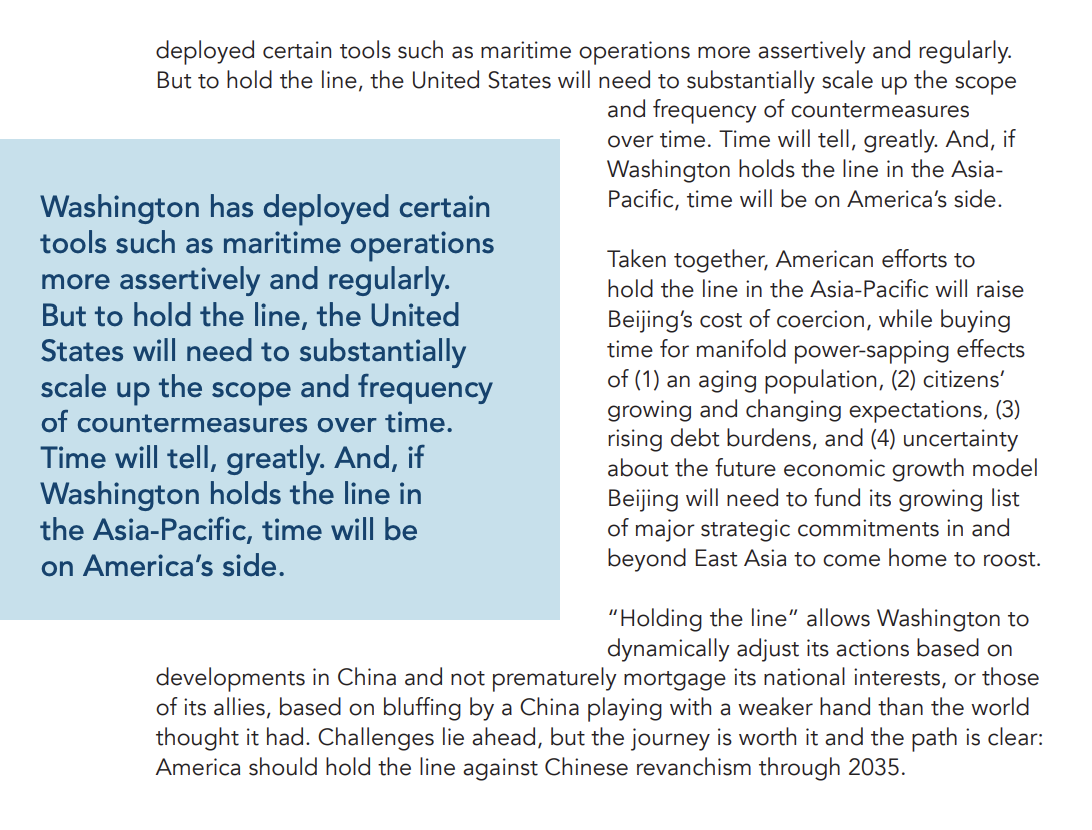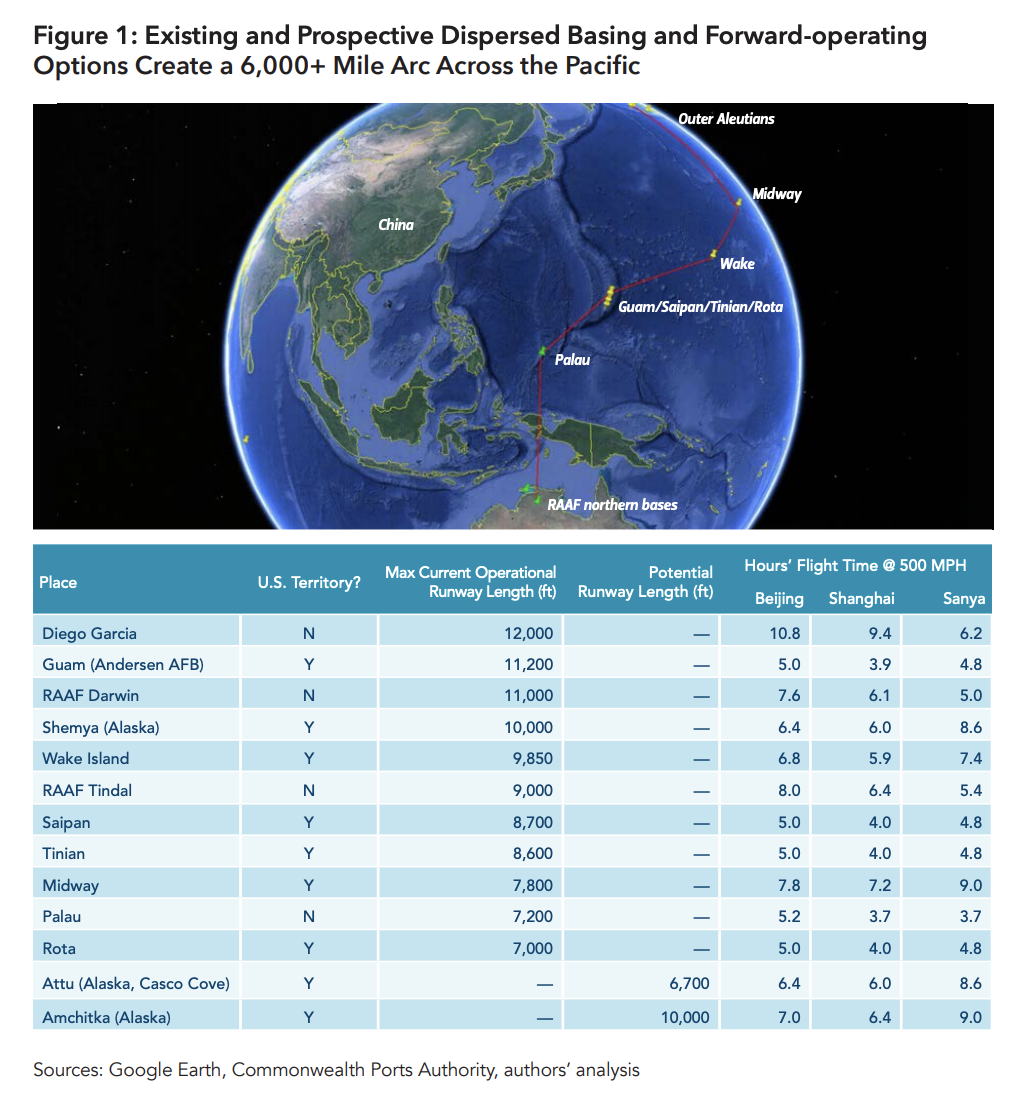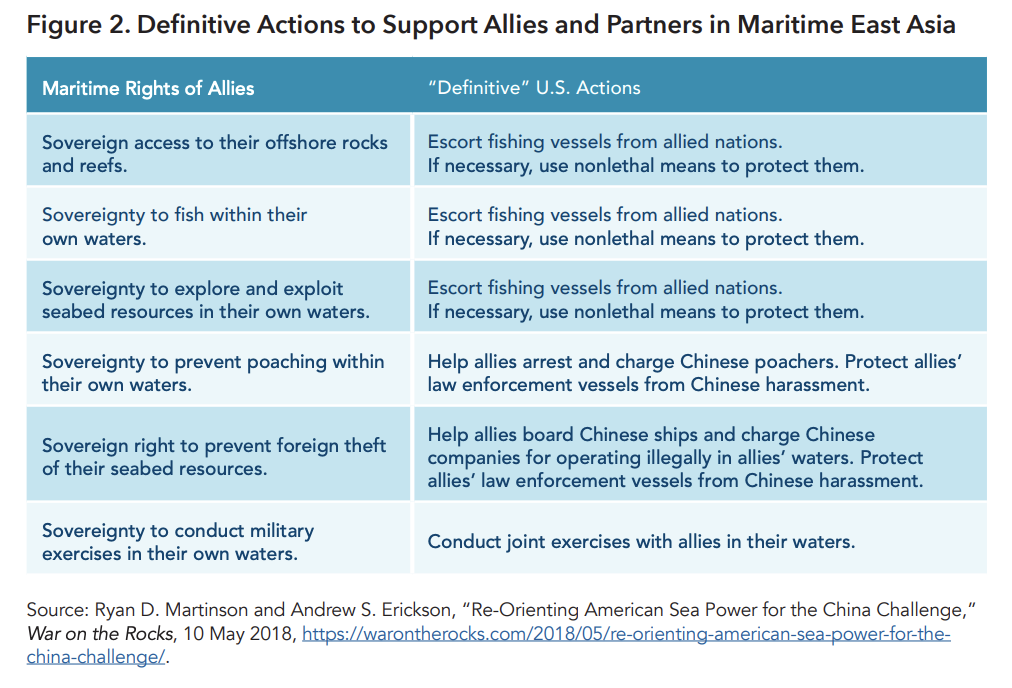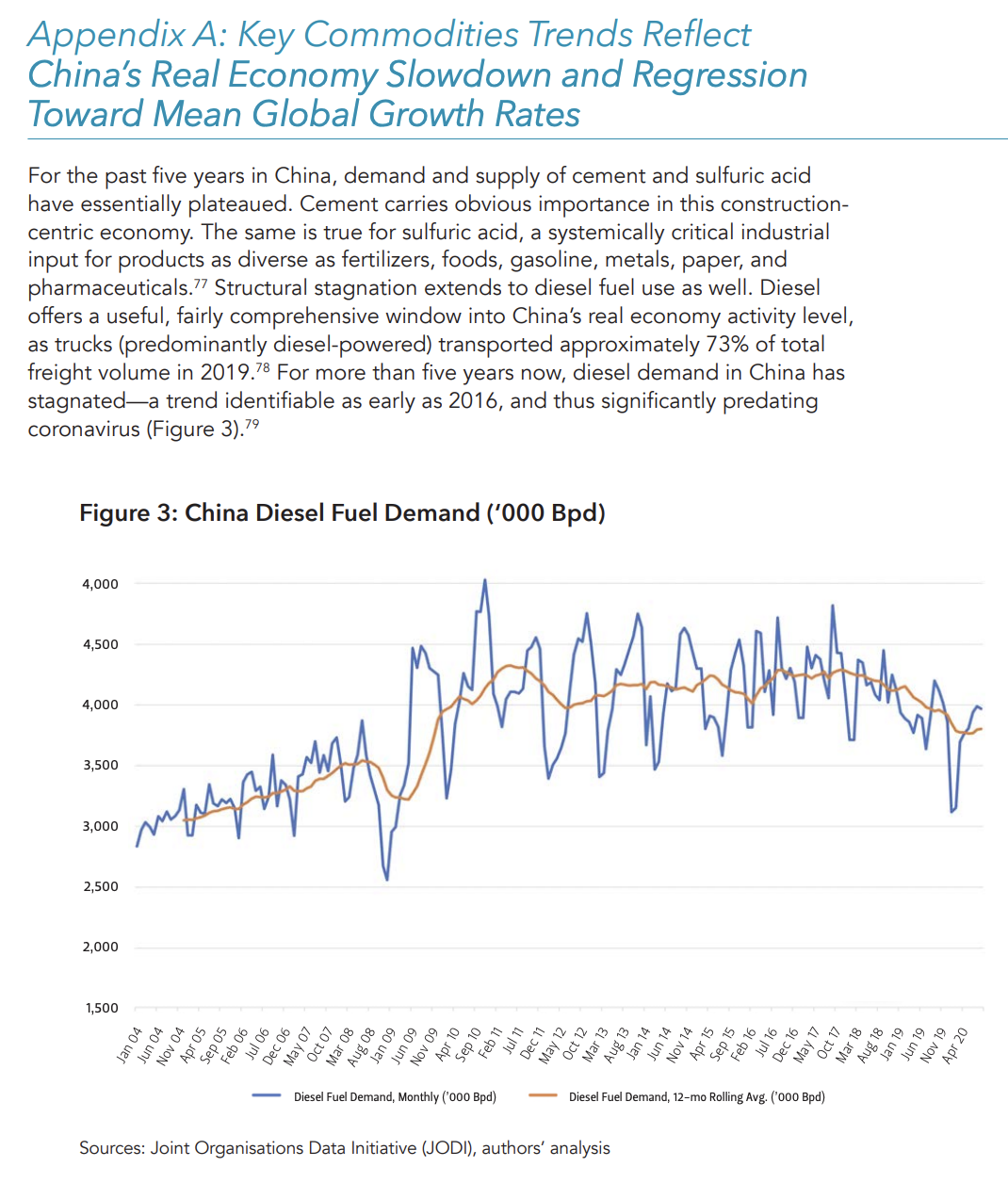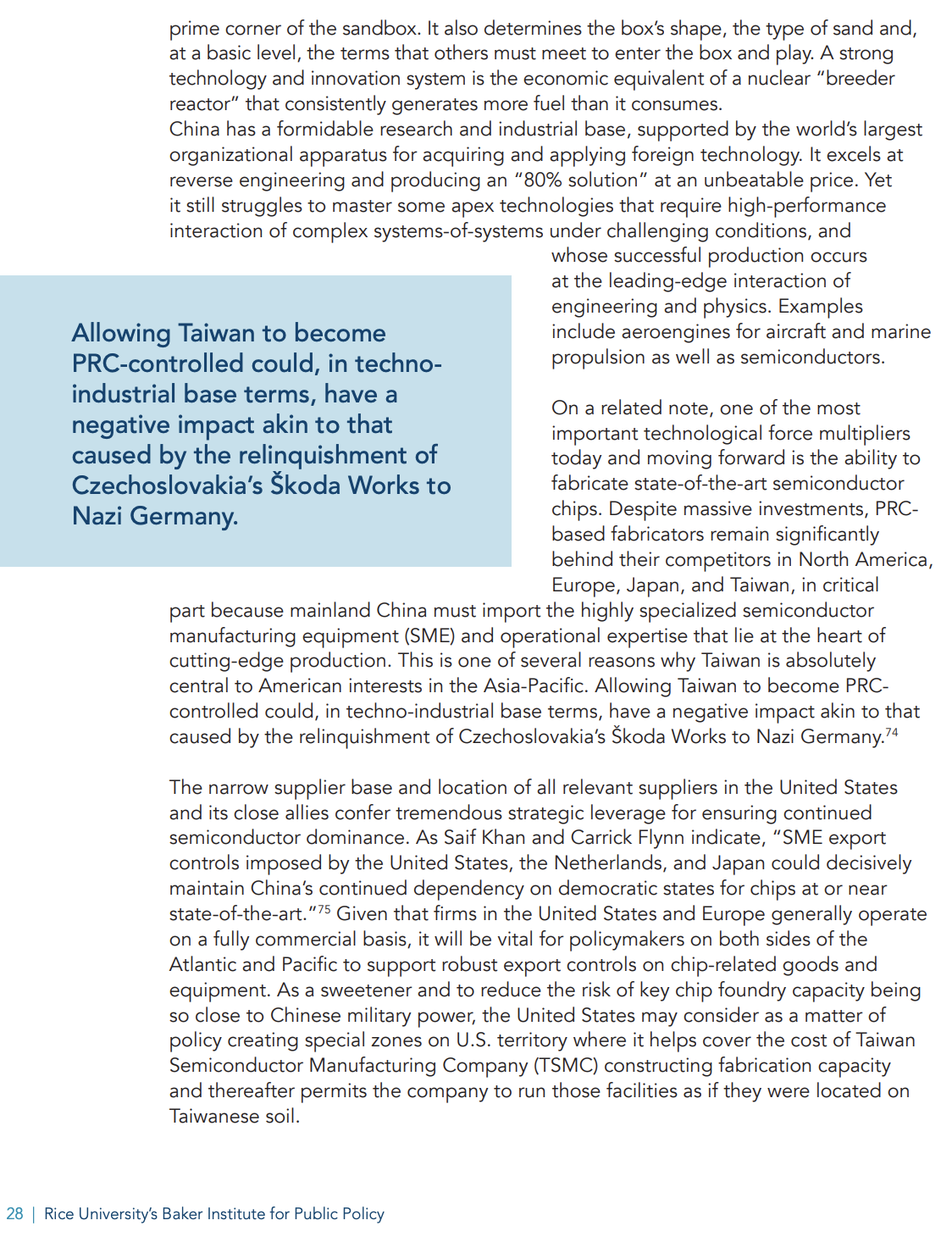New Rice University Baker Institute Podcast: “Holding the Line Against China”
Gabriel B. Collins and Andrew S. Erickson, “Holding the Line Against China,” Policy Matters podcast, Baker Institute for Public Policy, Rice University, Houston, TX, 2 December 2020.
Click here to listen to the ~17 minute podcast.
Managing its relationship with China is surely the most acute geopolitical challenge facing the United States today. How should we assess the Chinese threat to U.S. interests? Is it likely to increase or decrease with time? What can the United States, by itself and in concert with allies, do to counter China’s play for hegemony in Asia and the Pacific?
This episode’s guests are Gabriel B. Collins and Dr. Andrew S. Erickson. Collins is the Baker Botts Fellow in Energy & Environmental Regulatory Affairs at the Baker Institute’s Center for Energy Studies. Dr. Erickson is Professor of Strategy at the Naval War College’s China Maritime Institute. They have recently co-authored a Baker Institute report entitled Hold the Line through 2035: A Strategy to Offset China’s Revisionist Actions and Sustain a Rules-Based Order in the Asia-Pacific. It is available on the institute website.
FURTHER INFORMATION ON REPORT:
Gabriel B. Collins and Andrew S. Erickson, Hold The Line through 2035: A Strategy to Offset China’s Revisionist Actions and Sustain a Rules-Based Order in the Asia-Pacific (Houston, TX: Baker Institute for Public Policy, Rice University, 12 November 2020).
The authors offer strategies to counter an increasingly aggressive China and to position the Indo-Asia-Pacific for continued prosperity and growth under a rules-based regional system. Their recommendations comprise a dynamic blend of diplomatic, information, military and economic action.
Executive Summary
- Between now and 2035, imposing costs on strategically unacceptable Chinese actions while also pursuing behind-the-scenes “defense diplomacy” with Beijing offers a sustainable path to influence PRC behavior and position the Indo-Asia-Pacific for continued prosperity and growth under a rules-based regional system.
- The United States should resist yielding strategic principles and position to a People’s Republic of China (PRC) that is facing increasing constraints on its economic potential, national power growth, and prioritization of competition over citizens’ welfare.
- The United States should accept greater strategic risk to “hold the line” against PRC revanchism in the Asia-Pacific through Beijing’s key national planning milestone of 2035.
- Empirical data and emerging structural trends suggest that by 2035, demographic decline, debt overload, and societal expectations will likely substantially curtail China’s national power growth relative to currently expected levels. Beijing’s present hubristic outlook would likely be reduced under such conditions.
- During the 2020s, Beijing may reach the zenith of its ability to mobilize resources for repression at home and abroad. 2035 thus represents the likely closing of a “window of vulnerability” with heightened risk of conflict between the PRC and regional neighbors, including—by extension through alliances and presence—the United States itself.
- “Holding the line” is not a passive policy and is likely to require frequent and sustained proactive enforcement actions to disincentivize PRC assaults on the rules-based order in the Asia-Pacific. PRC probing behavior and provocations must be met with a range of symmetric and asymmetric responses that impose real costs.
- American policymakers must understand that under paramount leader Xi Jinping’s strongman rule, personal political survival will dictate PRC behavior. Washington must prepare the American electorate as well as allies and partners abroad for the likelihood that tensions will periodically ratchet up to uncomfortable levels.
- American policymakers must also make clear to their counterparts in China that the engagement-above-all policies that dominated much of the past 25 years are over and that the risks and costs of ongoing—and future—adventurism will fall heaviest on the PRC.
- To reduce PRC leverage, government at all levels in the United States should take steps to de-link supply chains for critical defense and medical goods from the PRC and PRC-domiciled entities as quickly as possible.
- A strategy of holding the line through 2035 leaves open a pathway to more fully integrate China into the rules-based regional system if and when Beijing steps back from the Chinese Communist Party (CCP)’s present emphasis on aggressive nationalism and regional revisionism.
Summary Slides (Separate from Report)
Other Images from Report

